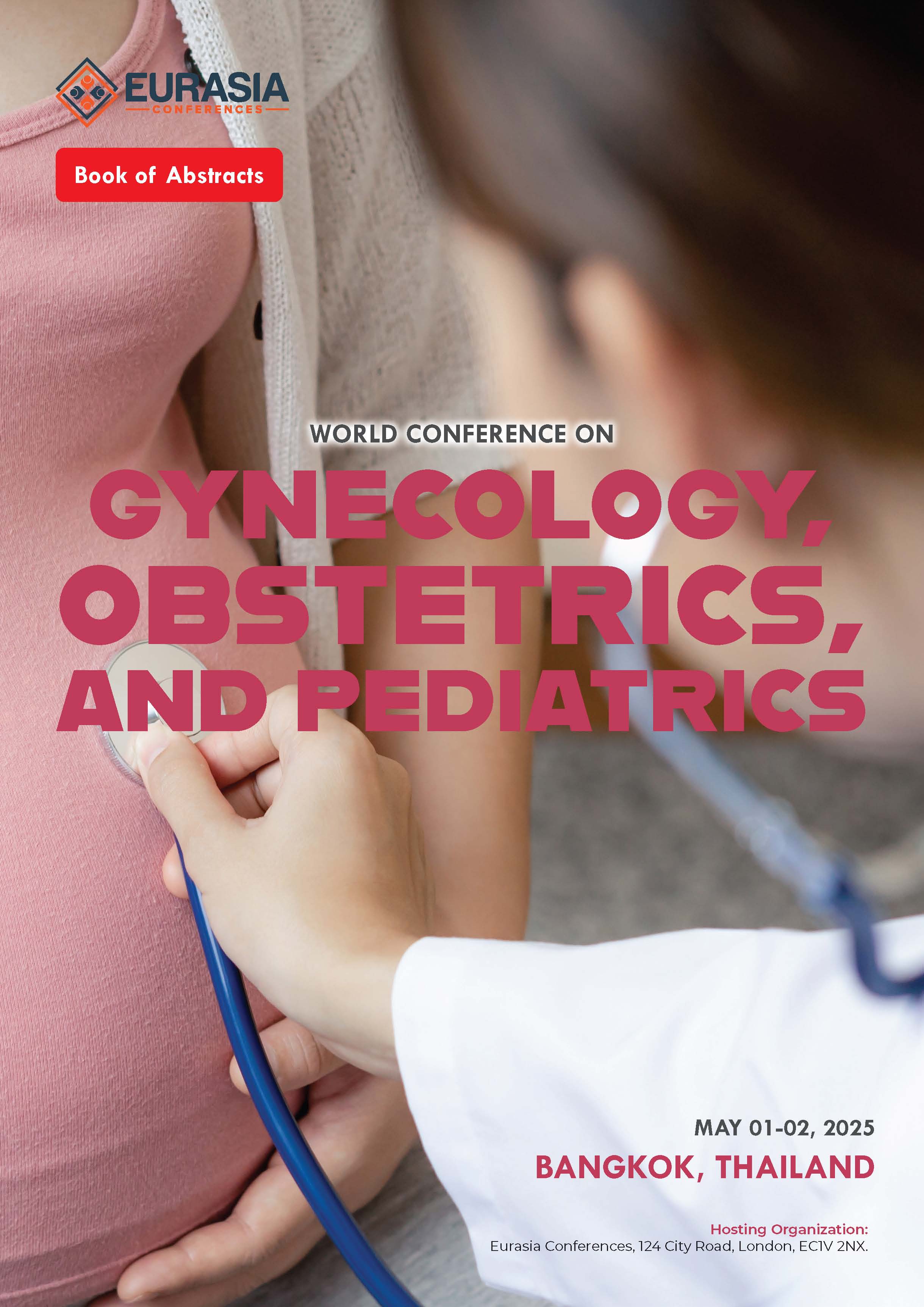
Dr. Saraswati Kanase
INTRODUCTION : Polycystic ovarian syndrome is a group of conditions with – menstrual irregularities, anovulatory cycles, hyperandrogenism and polycystic ovarian morphology. The possible factors include – Genetic factor and epigenetic factors Polycystic ovary syndrome (pcos) mainly affects women of reproductive age. It affects 8% to 13% of women of reproductive age. The prevalence of pcos in india is 3.7 to 22.5%. Most influential factor in insulin levels is dietary carbohydrates specially processed carbs. The dietary carbohydrates is most important and easily modifiable factor in patients with pcos.
NEED OF THE STUDY – LIFE WITH PCOS-INCREASES
1. Pregnancy related complications-infertility, miscarriage, gestational diabetes (14-22%), pregnancy induced hypertension (12.7%), preeclampsia (8%)
2. Cancer-endometrial, ovarian , breast
3. Metabolic diseases
4. Psychological problems
Very little importance being given to lifestyle modifications. Most effective way in pcos management is to reduce 5-10% body weight by lifestyle modification.
AIM AND OBJECTIVES-To compare the effectiveness of low carbohydrate diet versus balanced diet in women with polycystic ovarian syndromewith respect to menstrual irregularity, obesity/ overweight and conception, pregnancy in married patients with polycystic ovarian syndrome.